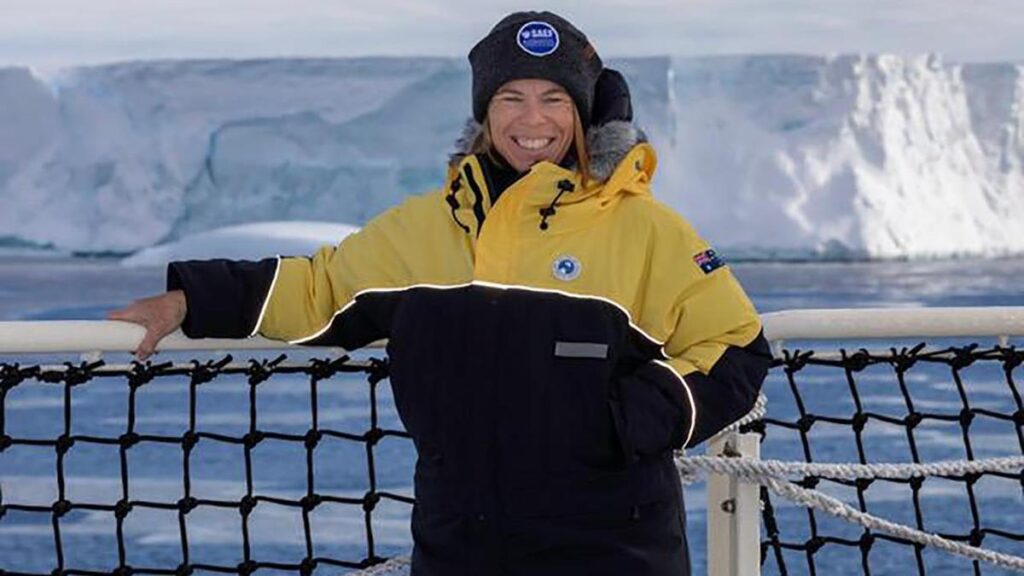
BREAKING: A groundbreaking discovery using octopus DNA has unveiled critical insights about the melting of the West Antarctic Ice Sheet, raising alarms about potential global sea level rise. The Octopus and Ice Sheet Team, comprised of researchers from James Cook University, CSIRO, and the Antarctic Research Centre, has been awarded the prestigious Eureka Prize for Excellence in Interdisciplinary Scientific Research at a ceremony held at Sydney Town Hall on Wednesday night.
The research, led by molecular biologist Jan Strugnell, involved an extensive analysis of the genetic profiles of Turquet’s octopuses found on either side of the West Antarctic Ice Sheet. This study confirmed that these populations were genetically linked, indicating that the seas were interconnected approximately 120,000 years ago when the ice sheet melted.
“This is crucial,” stated Prof. Strugnell. “Understanding the extent of ice on Antarctica during this last interglacial period, mirroring our current conditions, is key to predicting future scenarios.” Alarmingly, the West Antarctic Ice Sheet is the largest contributor to global sea level rise today, with a complete collapse potentially elevating sea levels by 3 to 5 metres.
The implications of these findings, documented in the journal Science, are dire. They suggest that even with effective climate change mitigation, the ice sheet could still face collapse, leading to significant sea level rise due to small temperature increases. Prof. Strugnell emphasized the urgency: “We need to act decisively to curb greenhouse gas emissions. The potential for three metres of sea level rise could devastate many Australian cities.”
This research builds on earlier findings published in Nature in August, which warned of the severe risks facing the ice sheet unless immediate action is taken to reduce carbon emissions. Prof. Strugnell voiced a grave concern: “This should be alarming to us all.”
The team utilized modern genomic techniques and assembled samples collected over 40 years from around Antarctica, creating a “DNA time capsule.” Prof. Strugnell remarked, “Science is about standing on the shoulders of giants. It required collaboration across multiple disciplines, and we are proud of this achievement.”
Australian Museum director Kim McKay highlighted the importance of supporting scientific endeavors: “The Eureka Prize winners exemplify the critical need for investment in research to address global challenges. The focus on ocean systems, from kelp forests to coral reefs, underscores the vital role of marine ecosystems in climate resilience and biodiversity conservation.”
As the world grapples with the accelerating impacts of climate change, this research serves as a critical reminder of the urgent need for collective action. The findings reinforce the necessity for global collaboration in addressing pressing environmental issues, making this study not just a scientific milestone but a clarion call for immediate response.
Stay tuned for further developments on this crucial research and its implications for our planet’s future.






